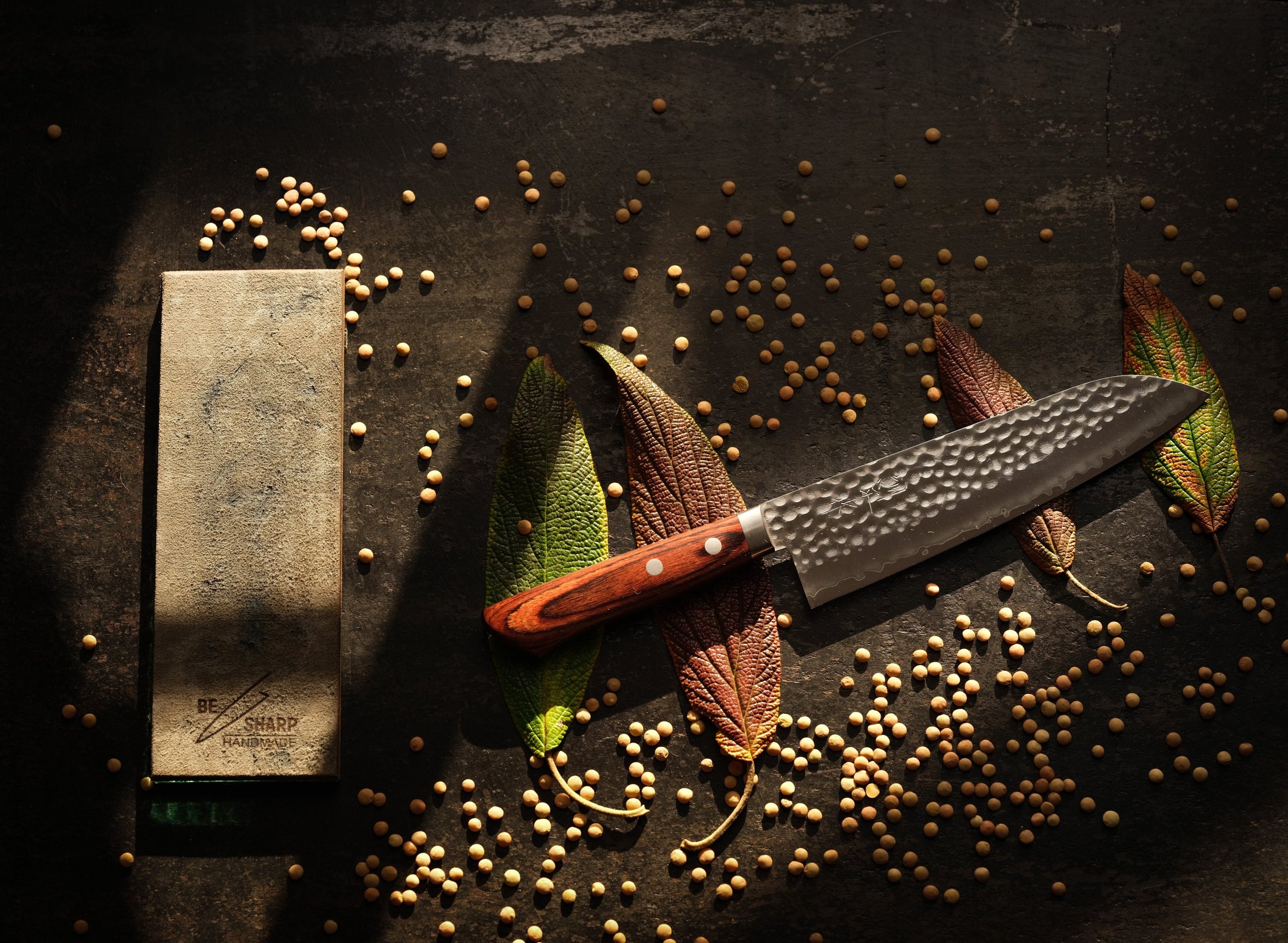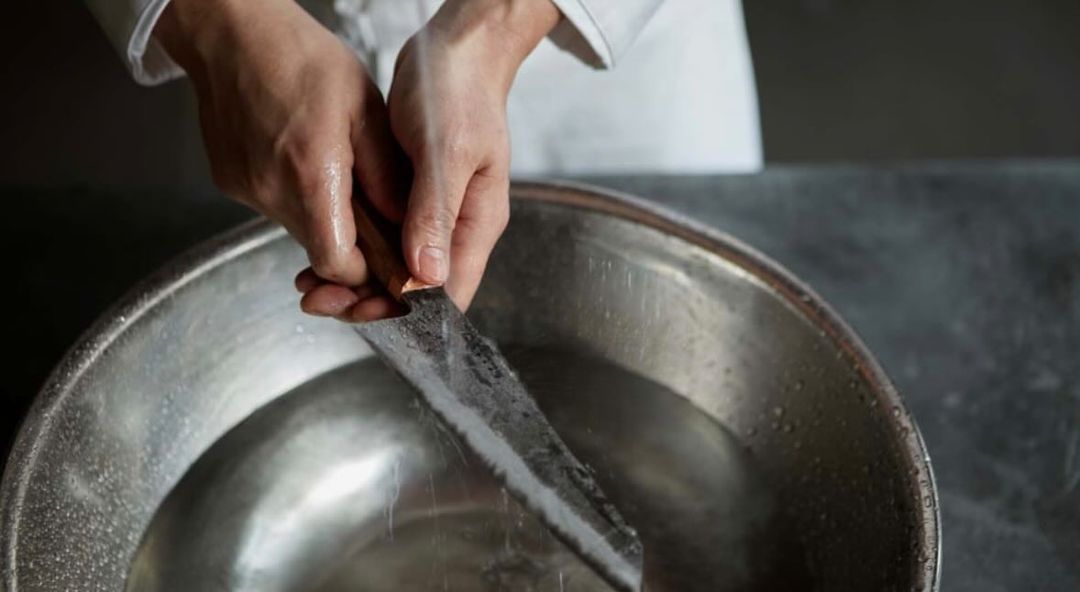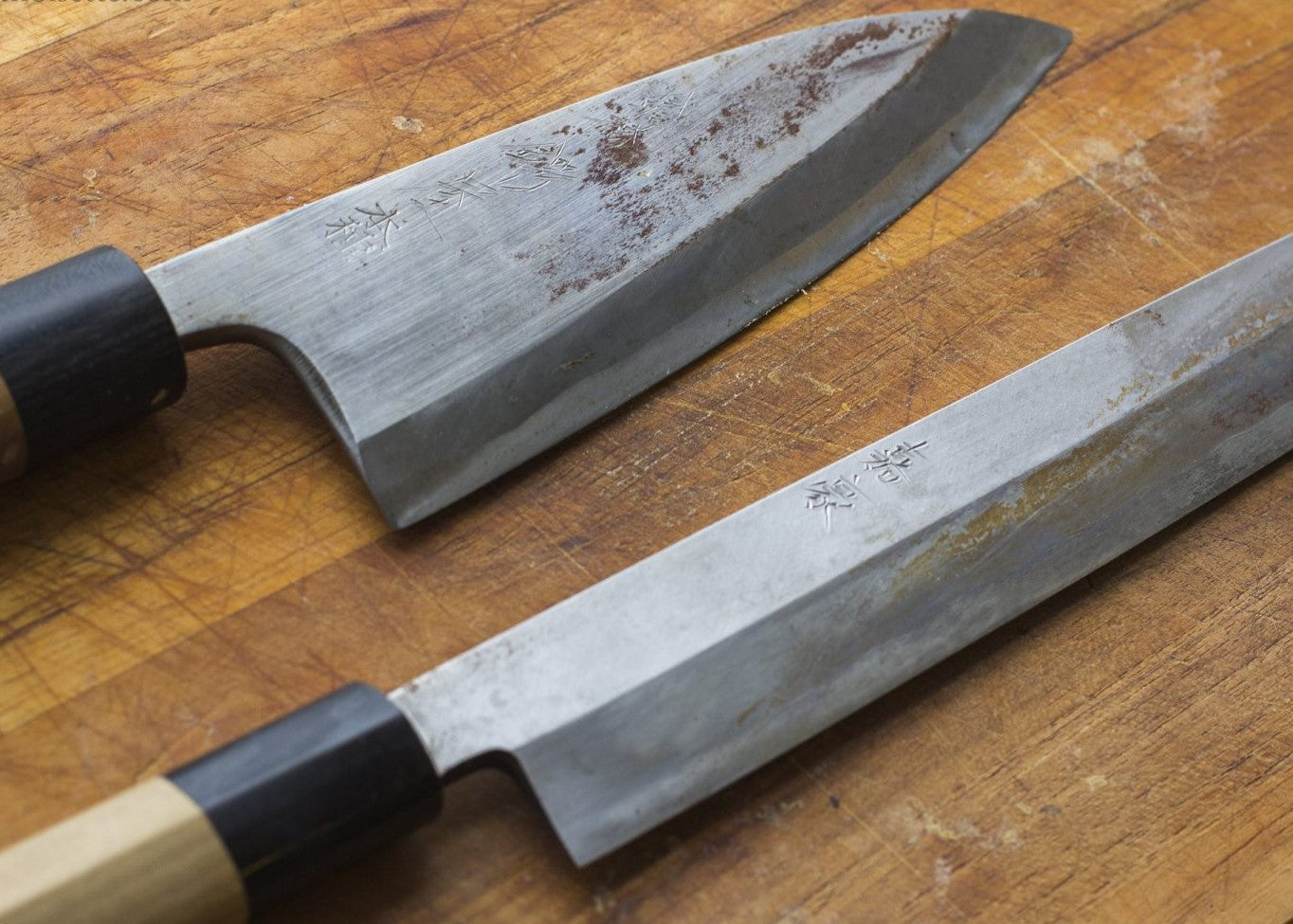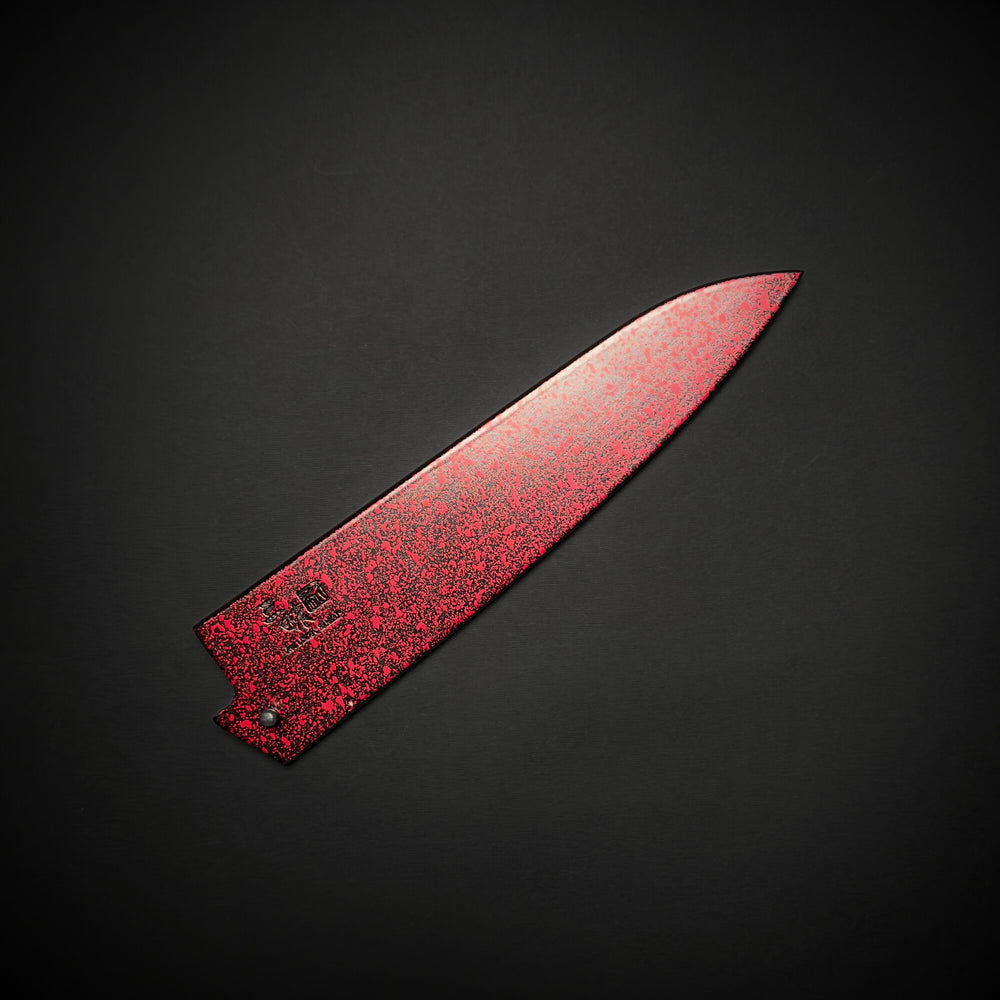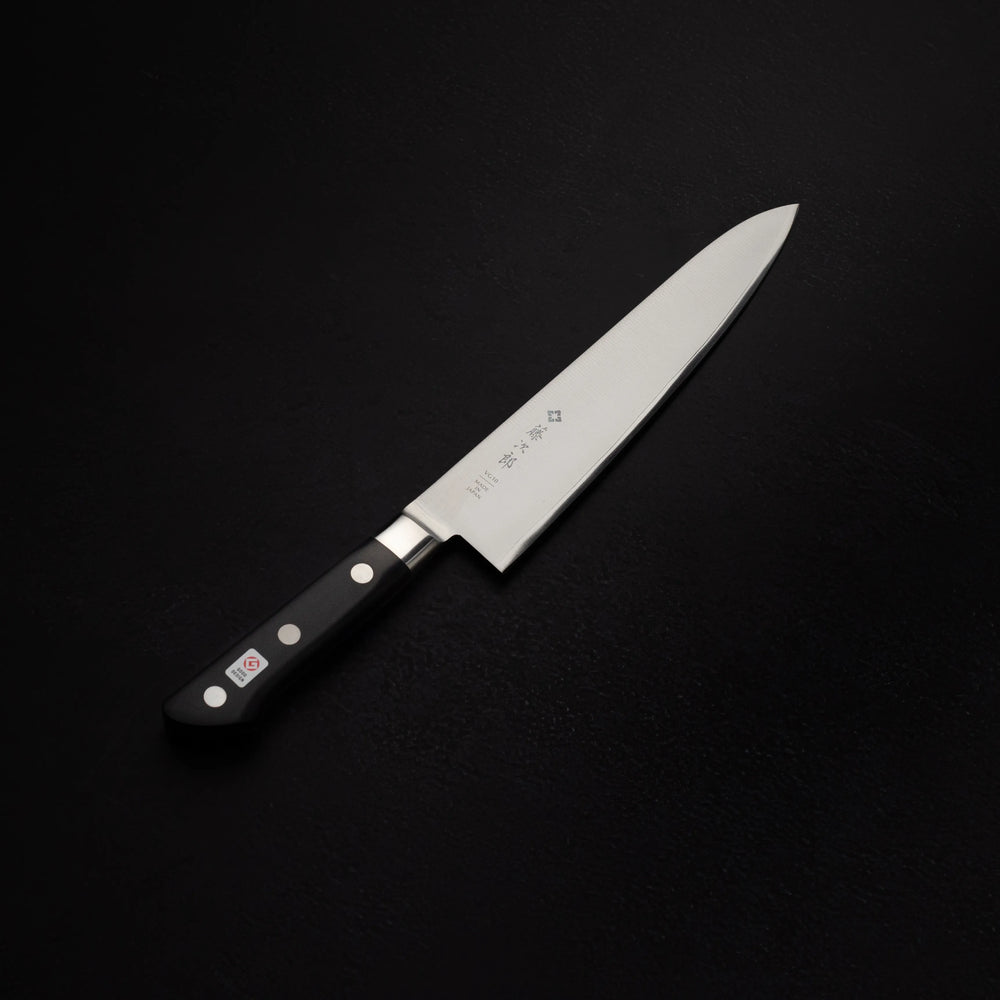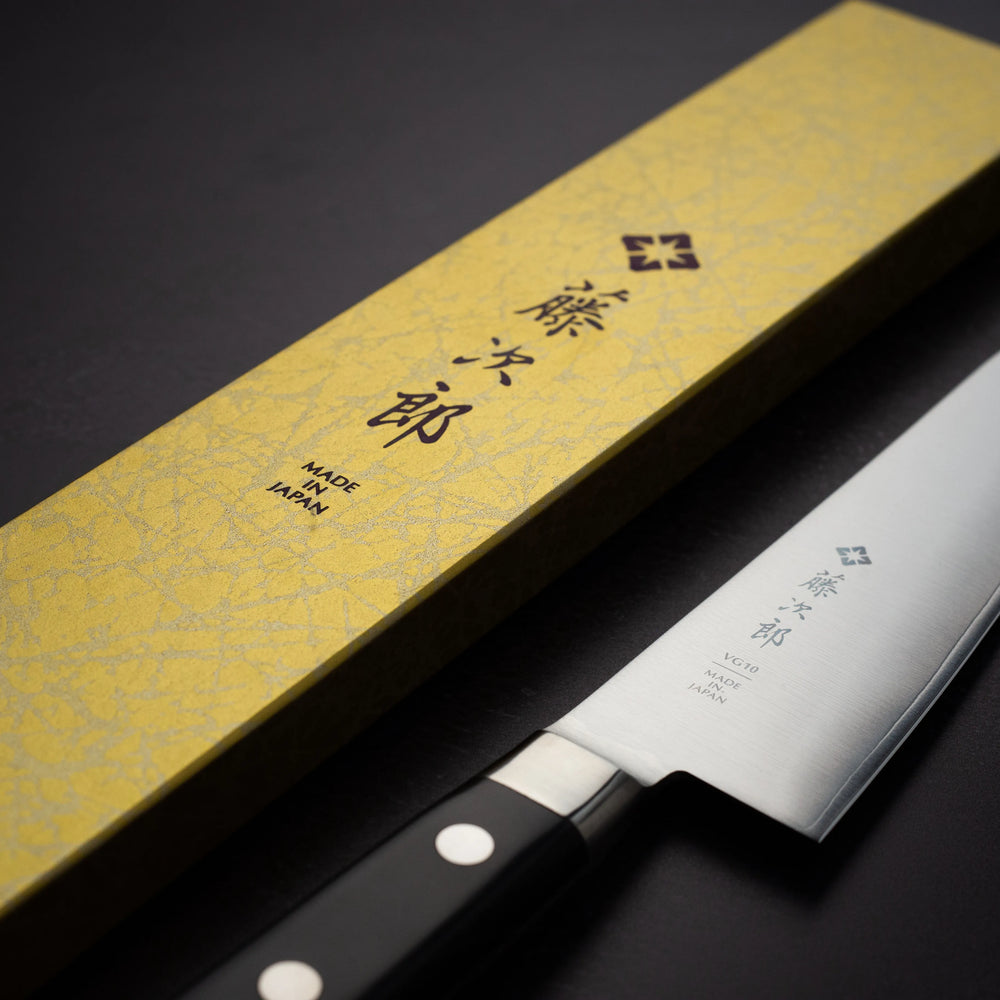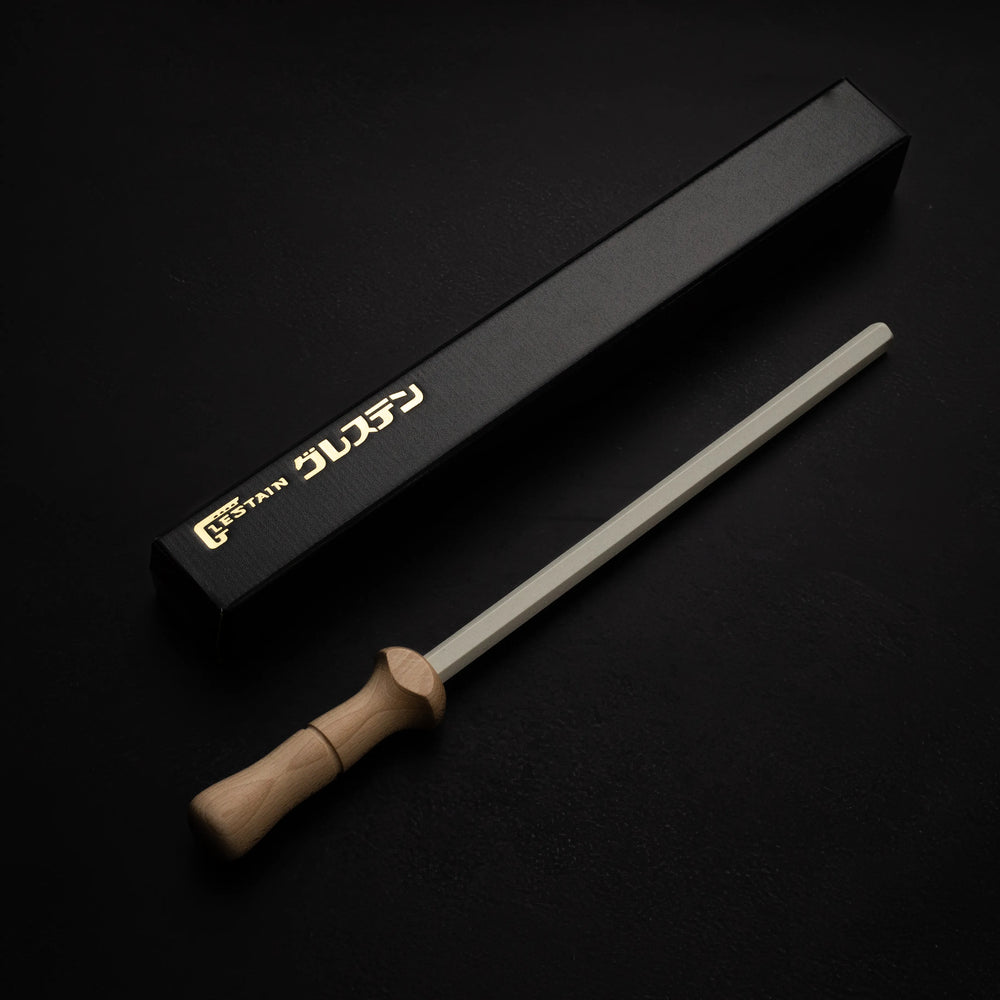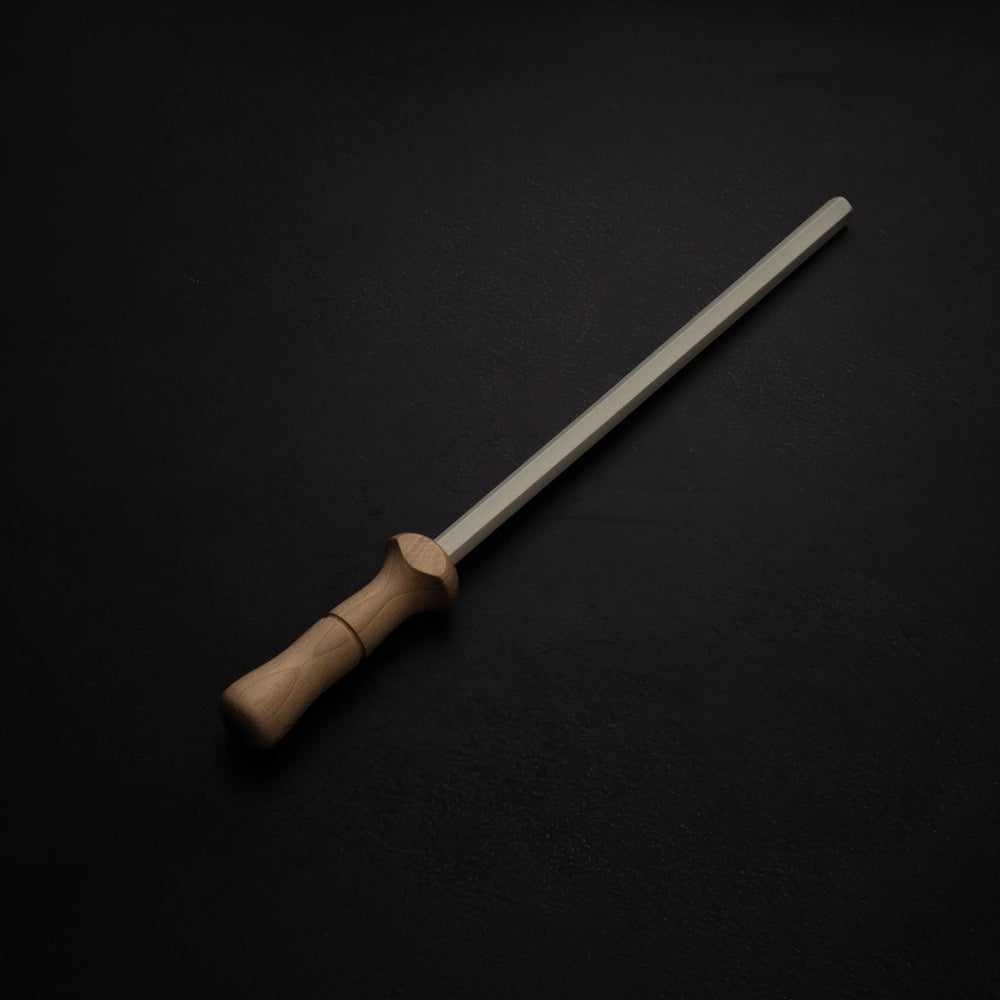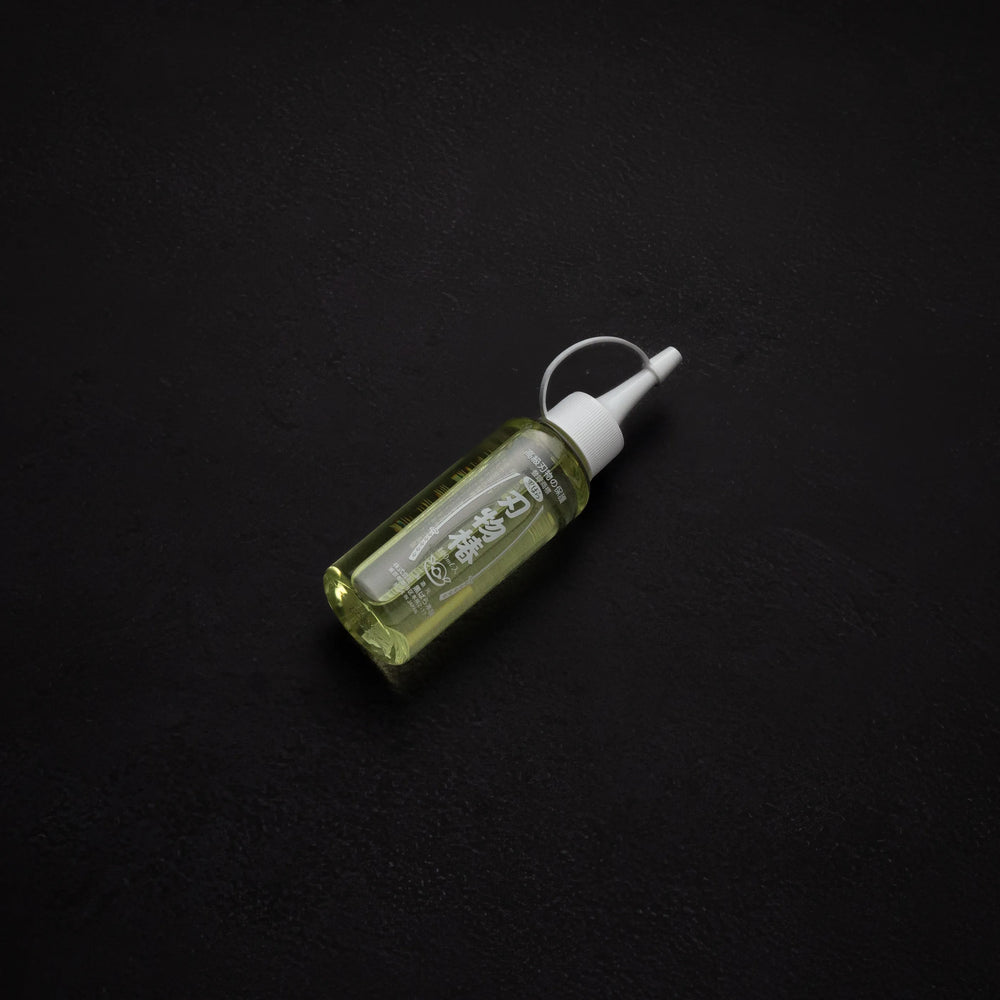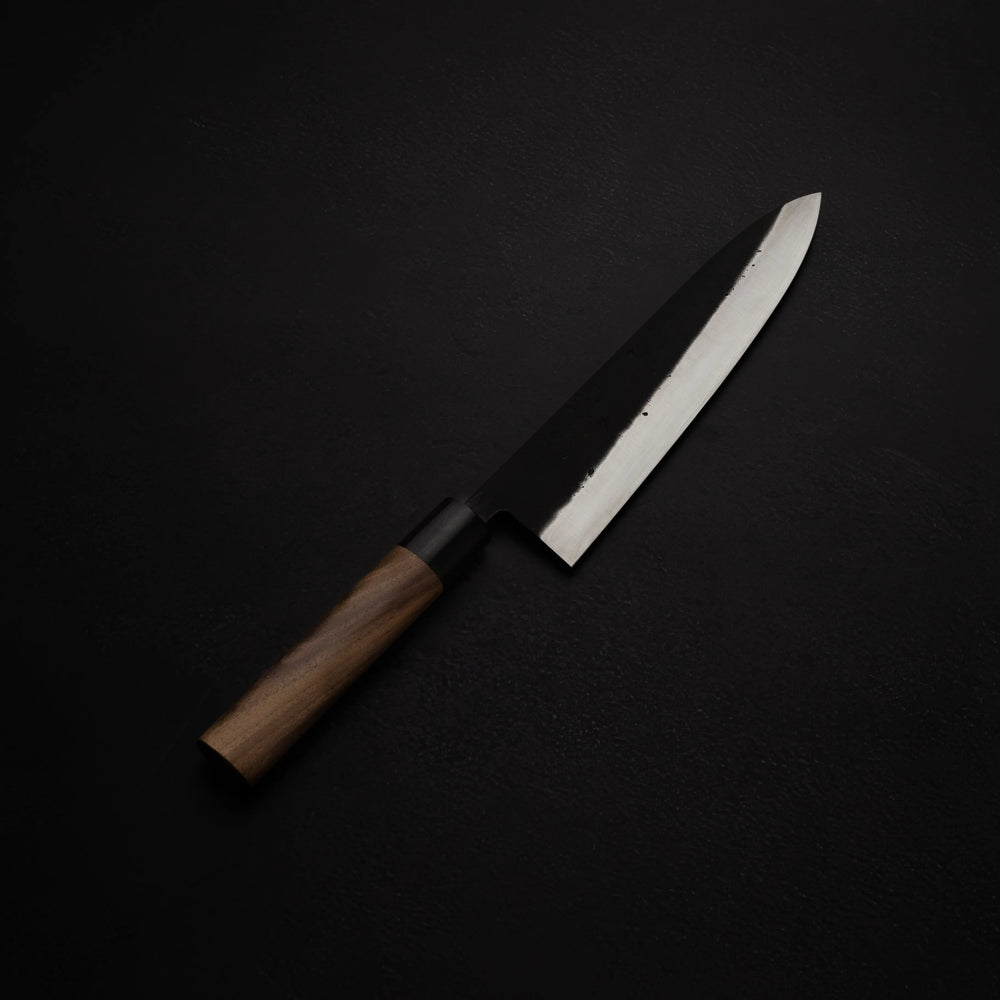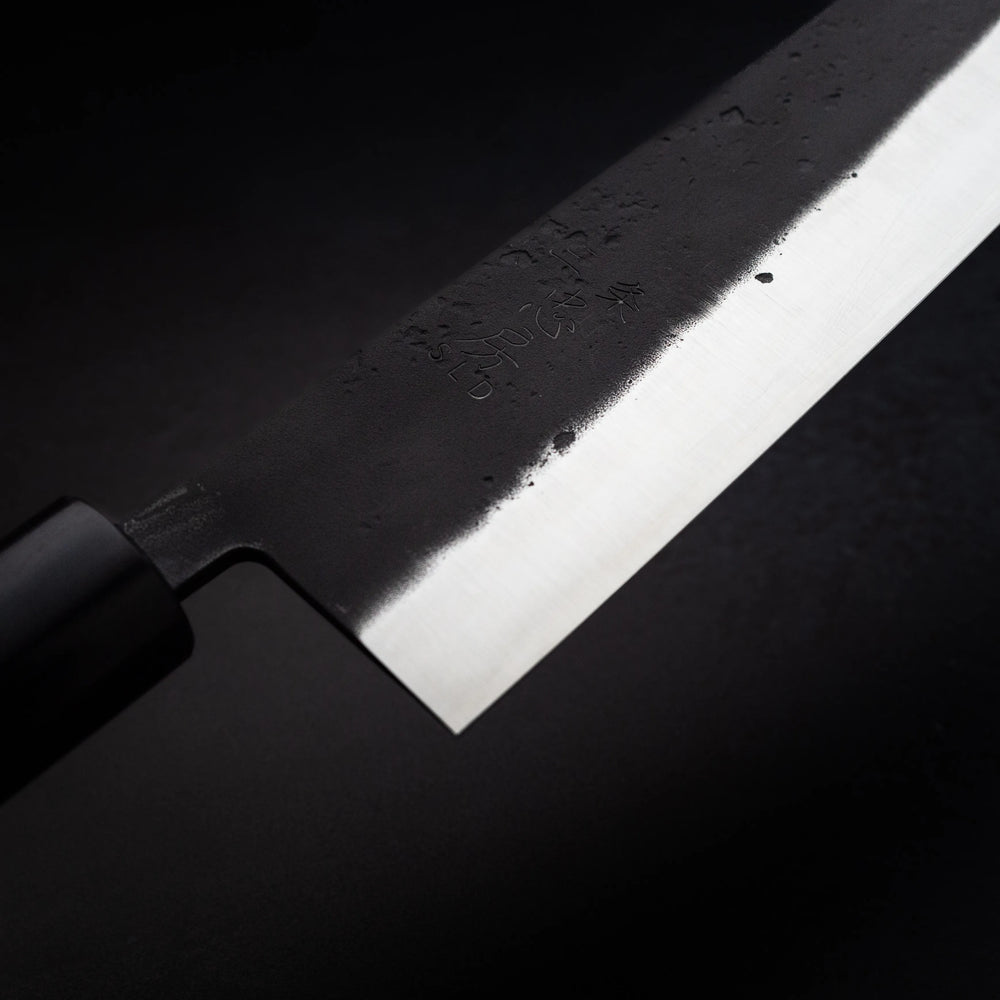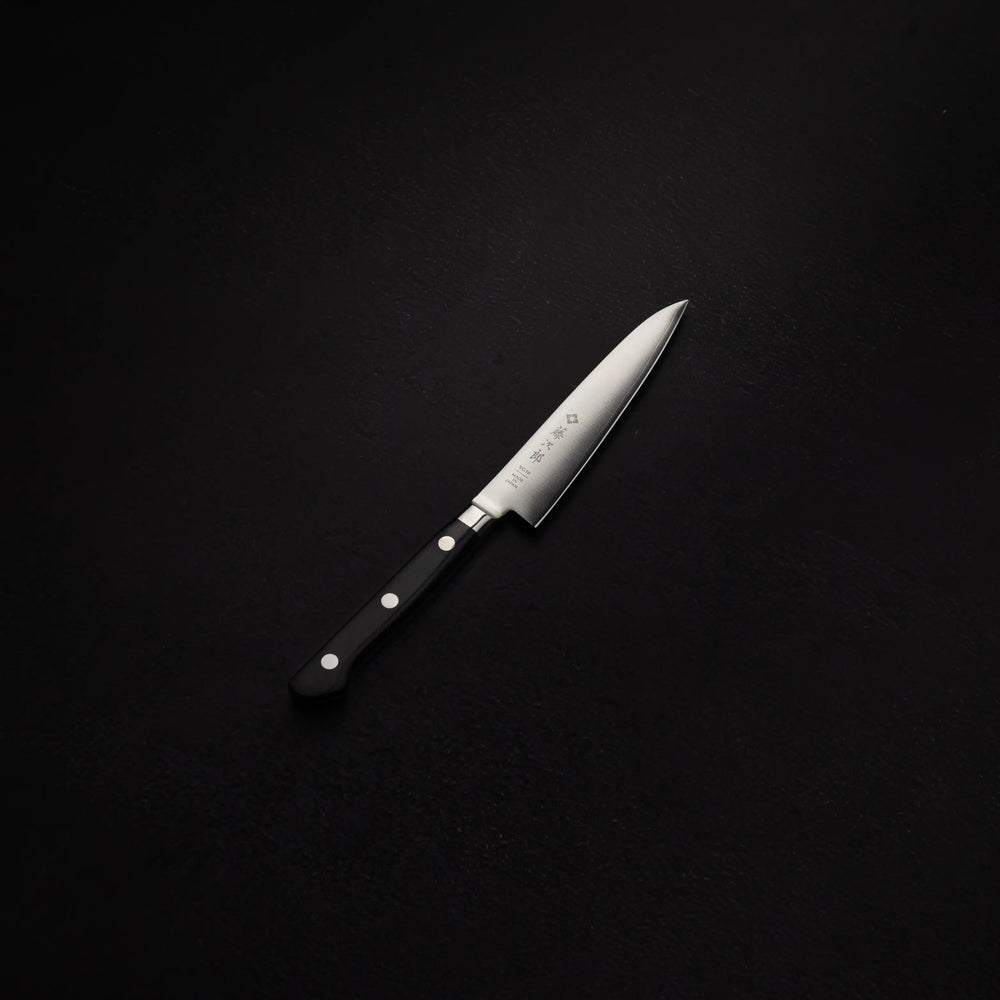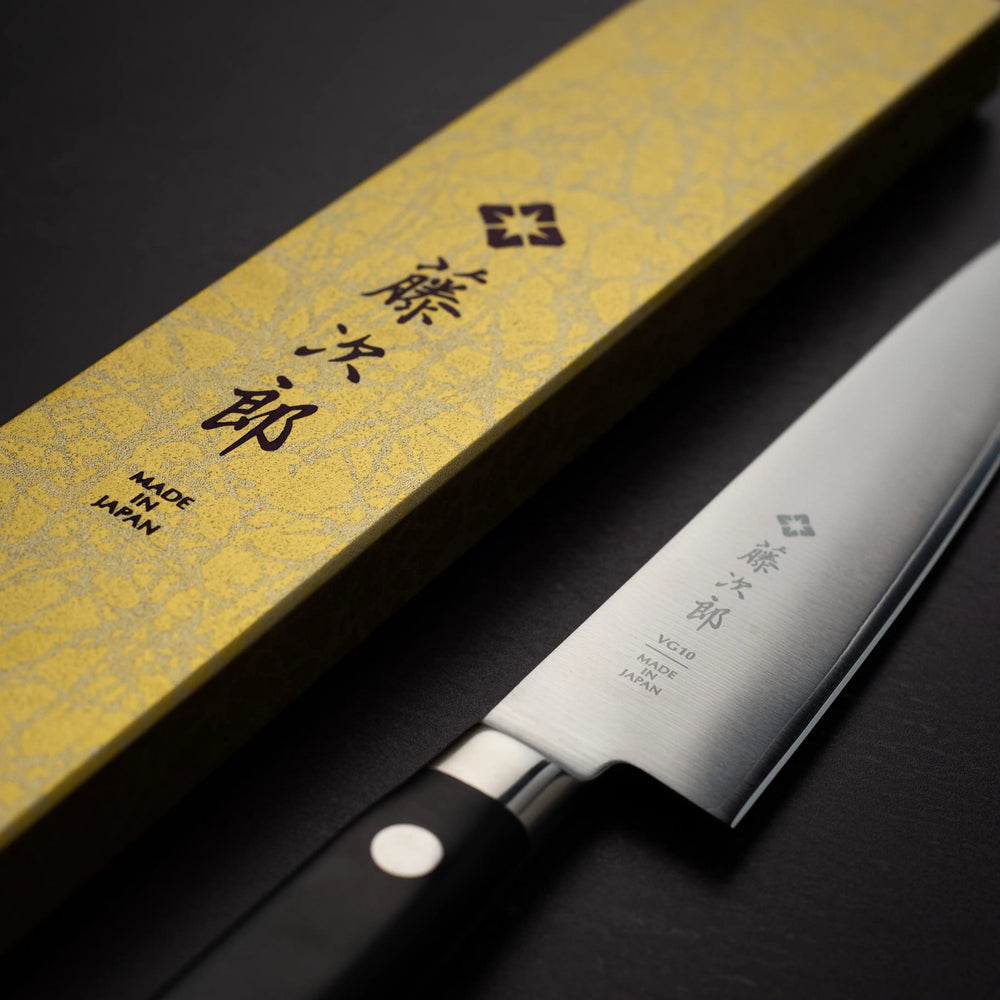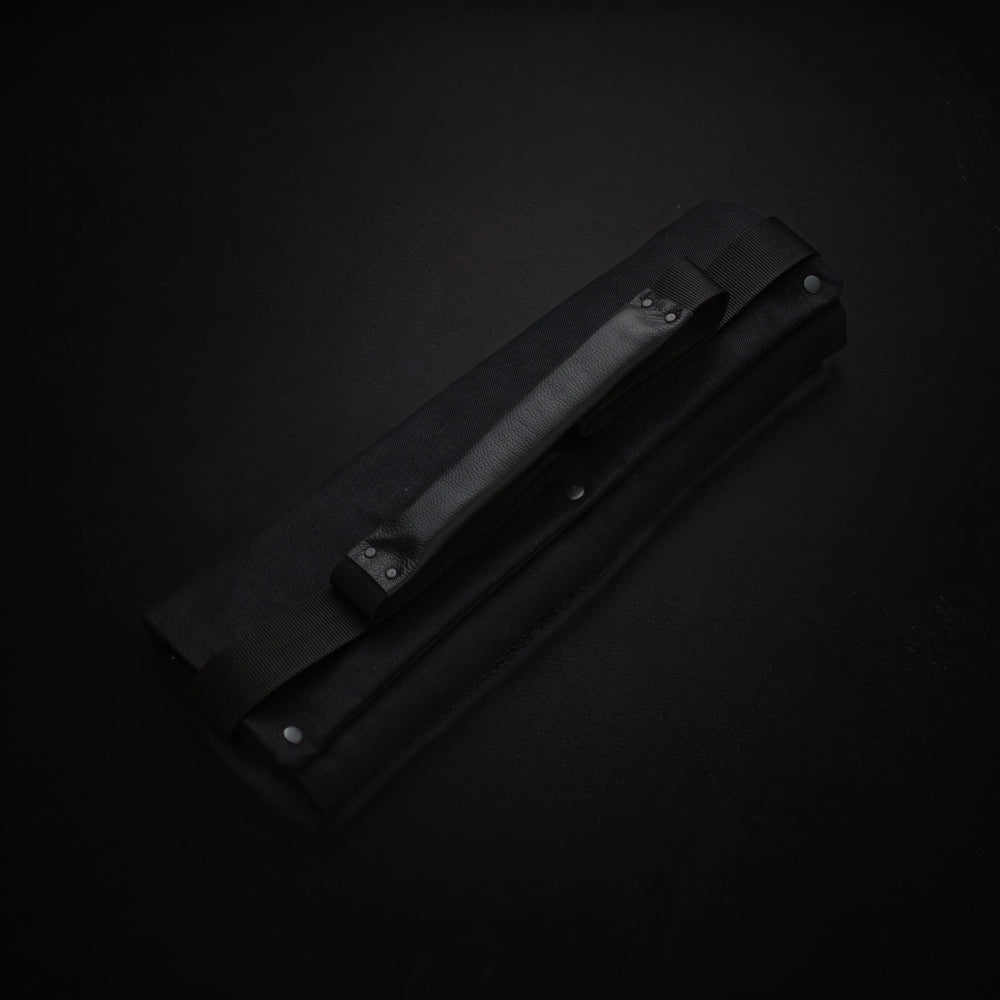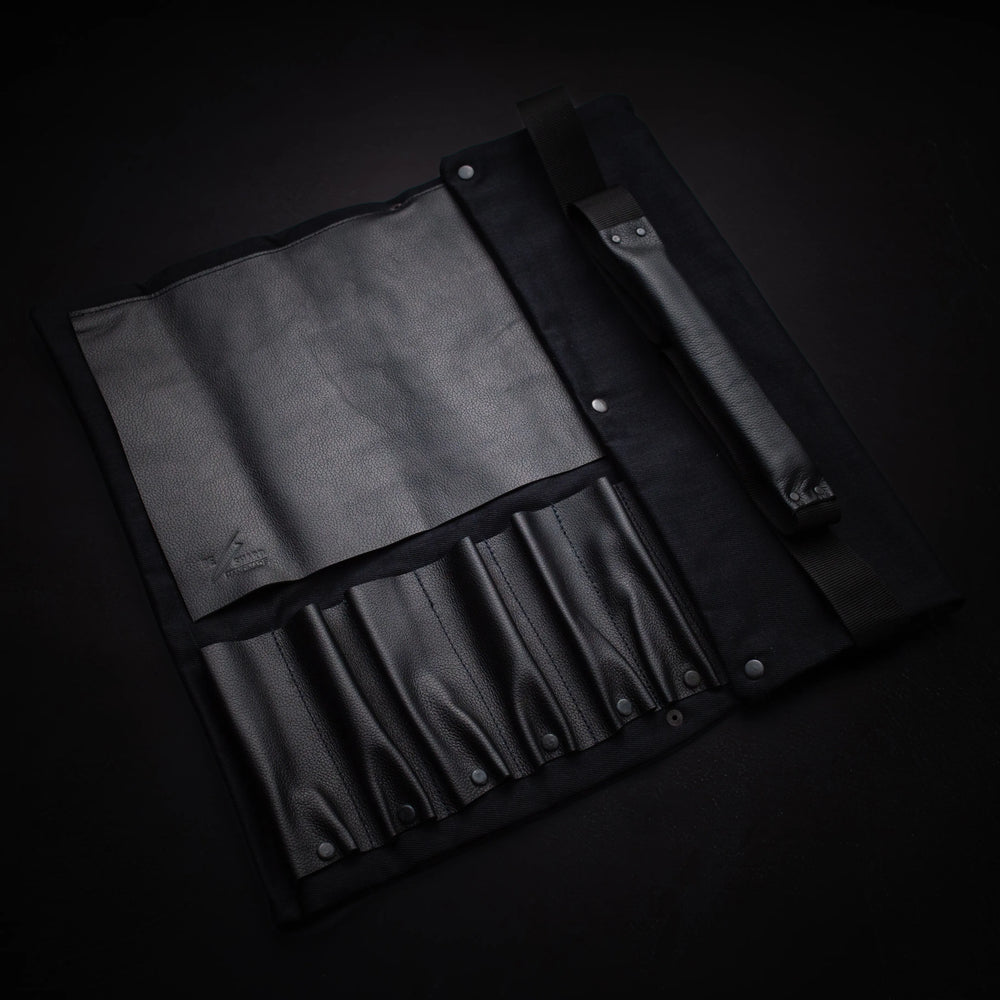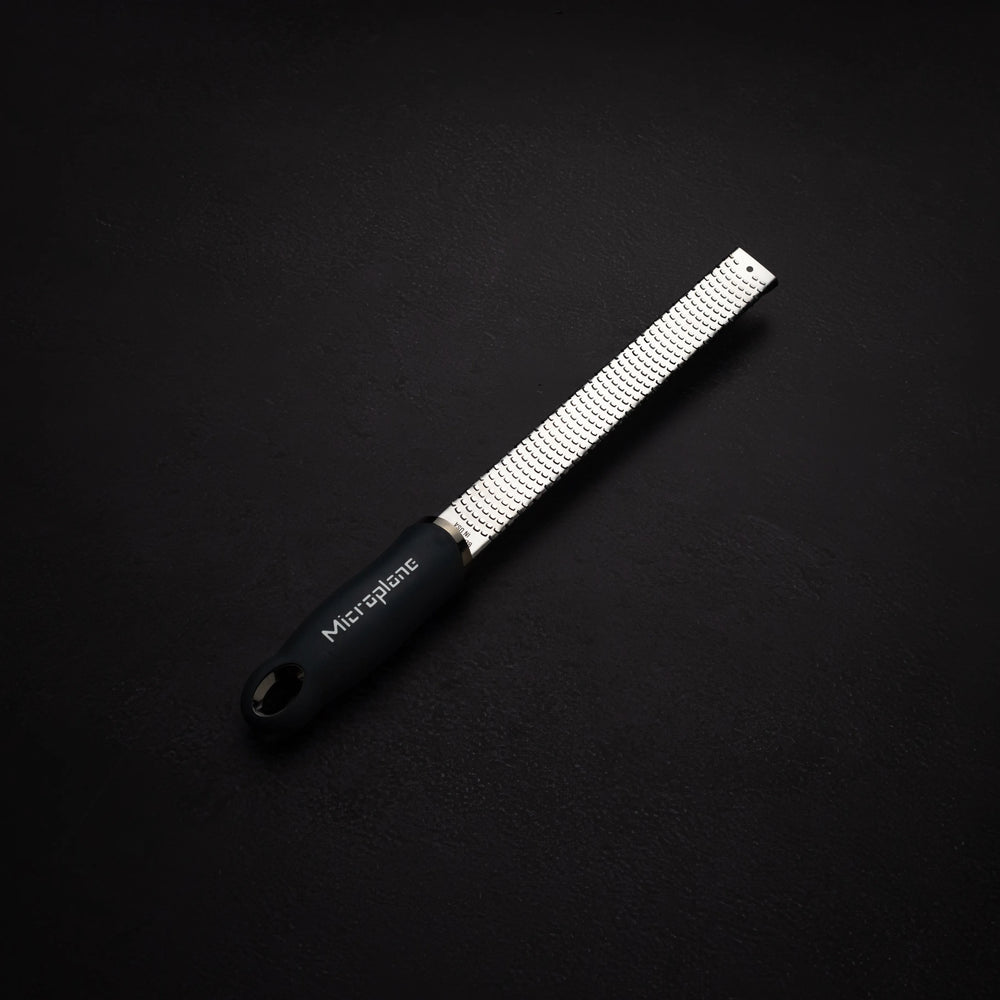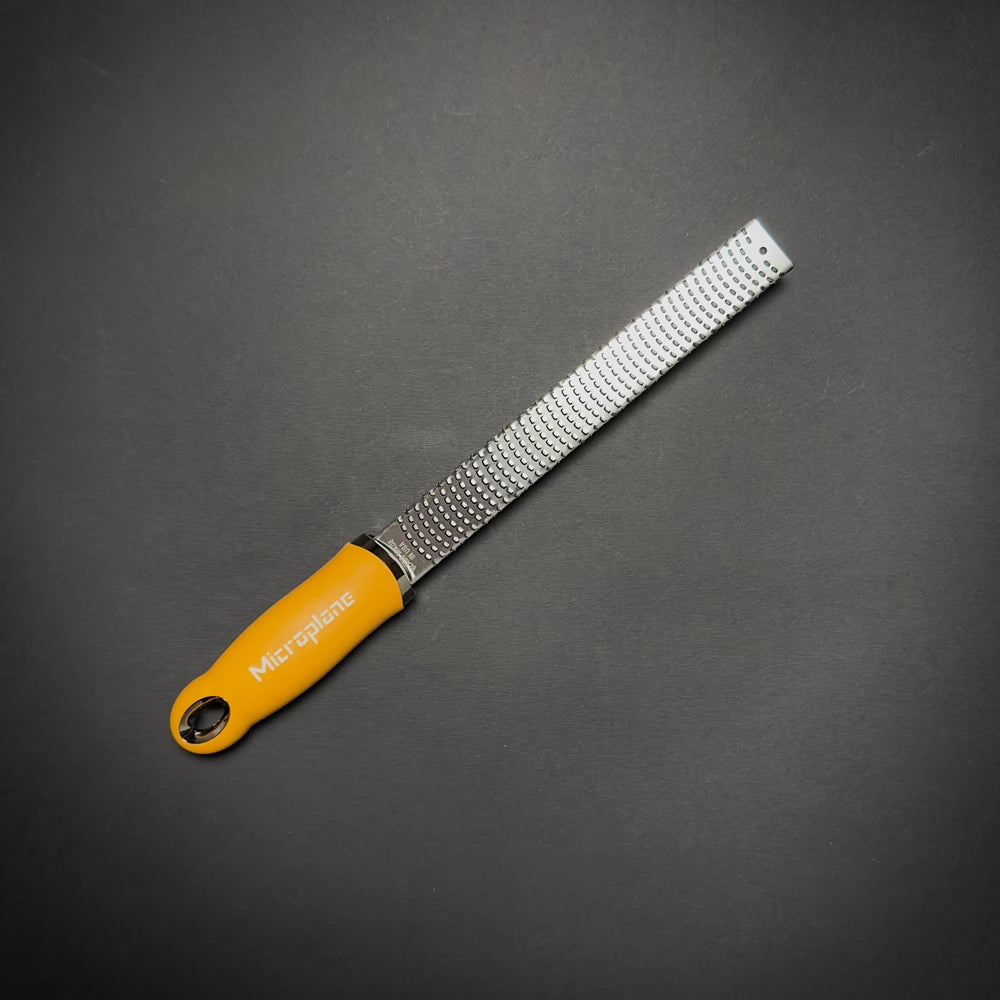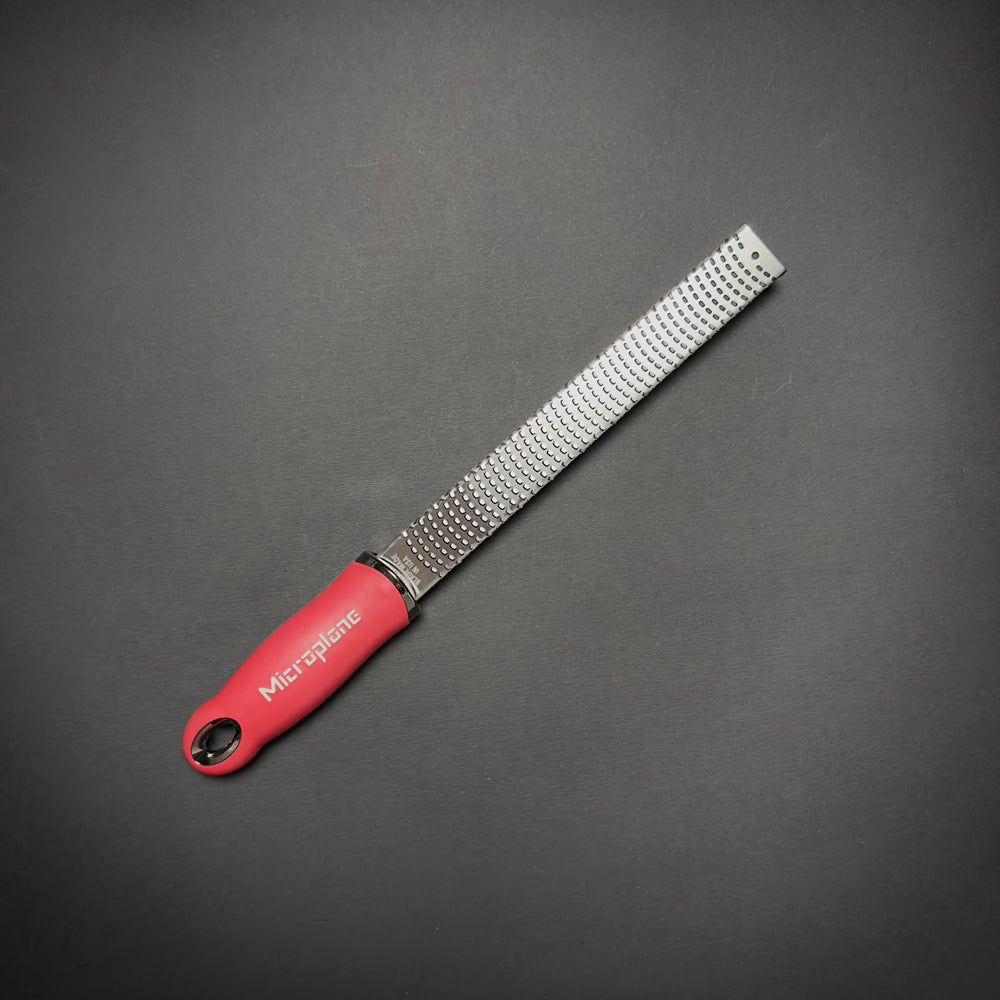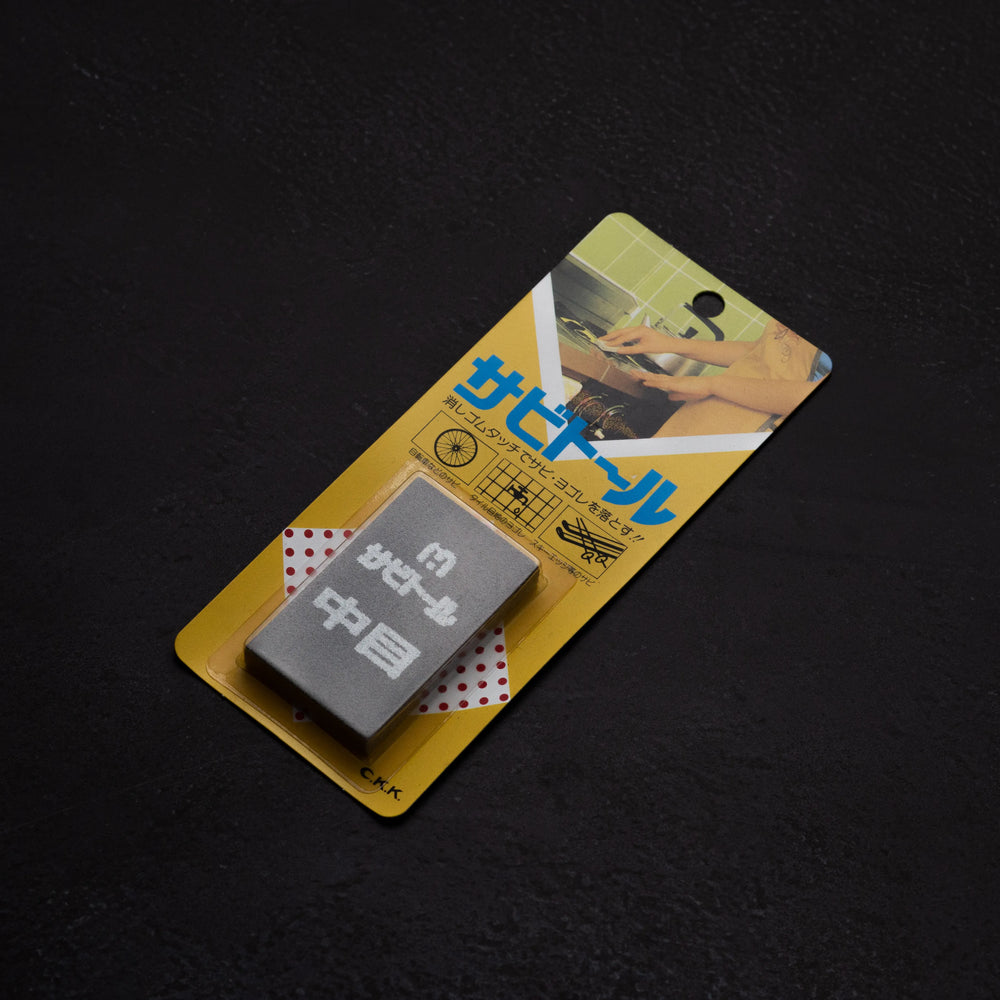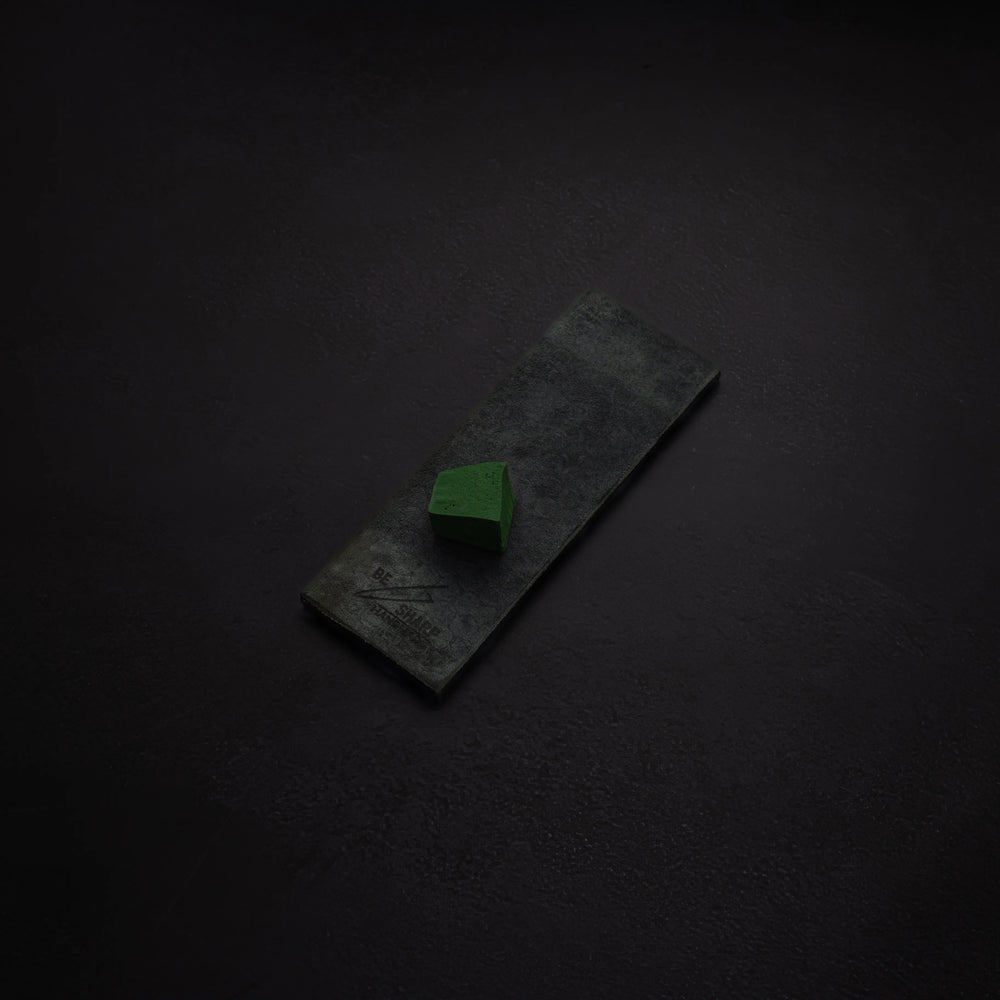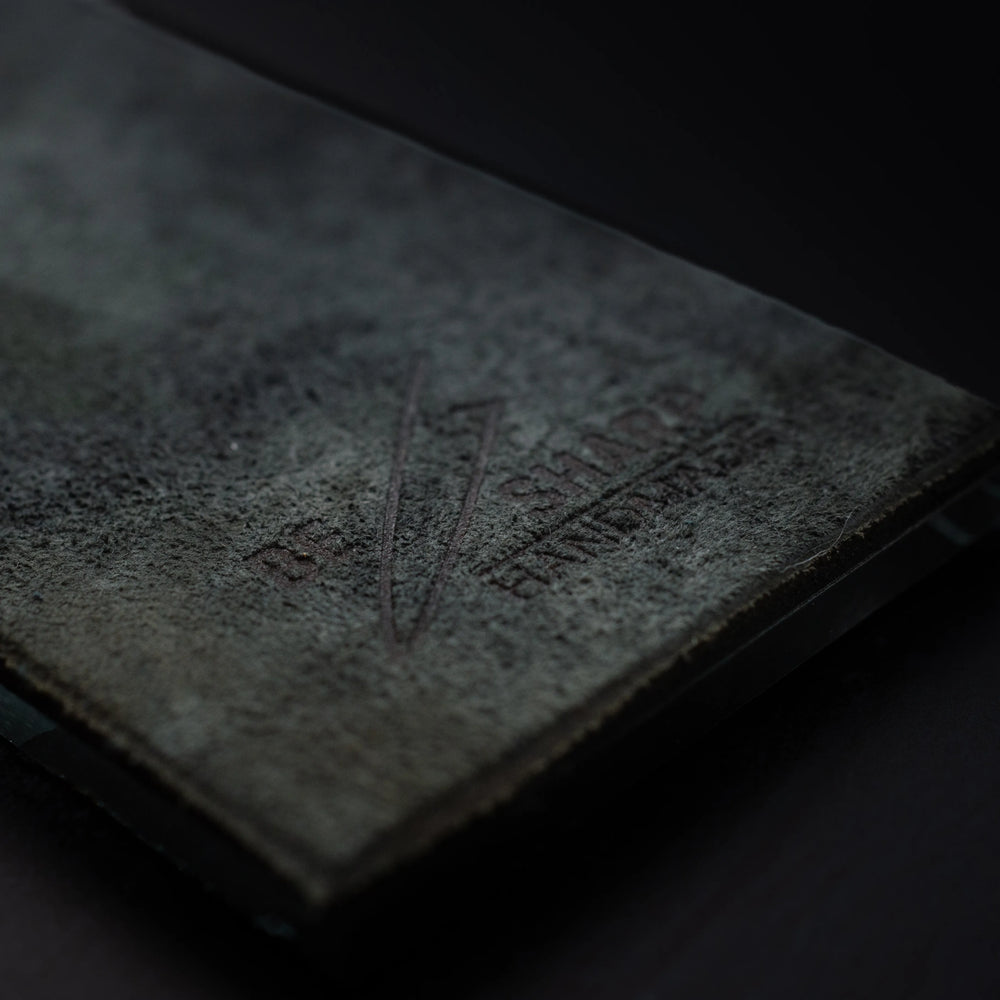Katsusige Anryu Kurouchi Damascus Gyuto 210mm
Regular price
25,500.00 RSD
Sale price
25,500.00 RSD
Regular price
Sold out
Specifications
| Manufacturer: | Anryu Hamono |
| Blade type: | Gyuto |
| Blade length: | 210mm |
| Total length: | 330mm |
| Knife weight: | 196g |
| Blade type: | Double bevel |
| Thickness in the back: | 4.4mm |
| Steel: | White 2 (carbon) |
| Hardness HRC: | 61-62 |
Country of origin: Japan
How to choose the first Japanese knife?
If you are buying your first Japanese knife, the advice is to choose a multifunctional blade shape that will cover the widest range of your needs in the kitchen. This includes Gyuto, Santoku and Bunka. The rule is that bigger people need bigger knives and vice versa.
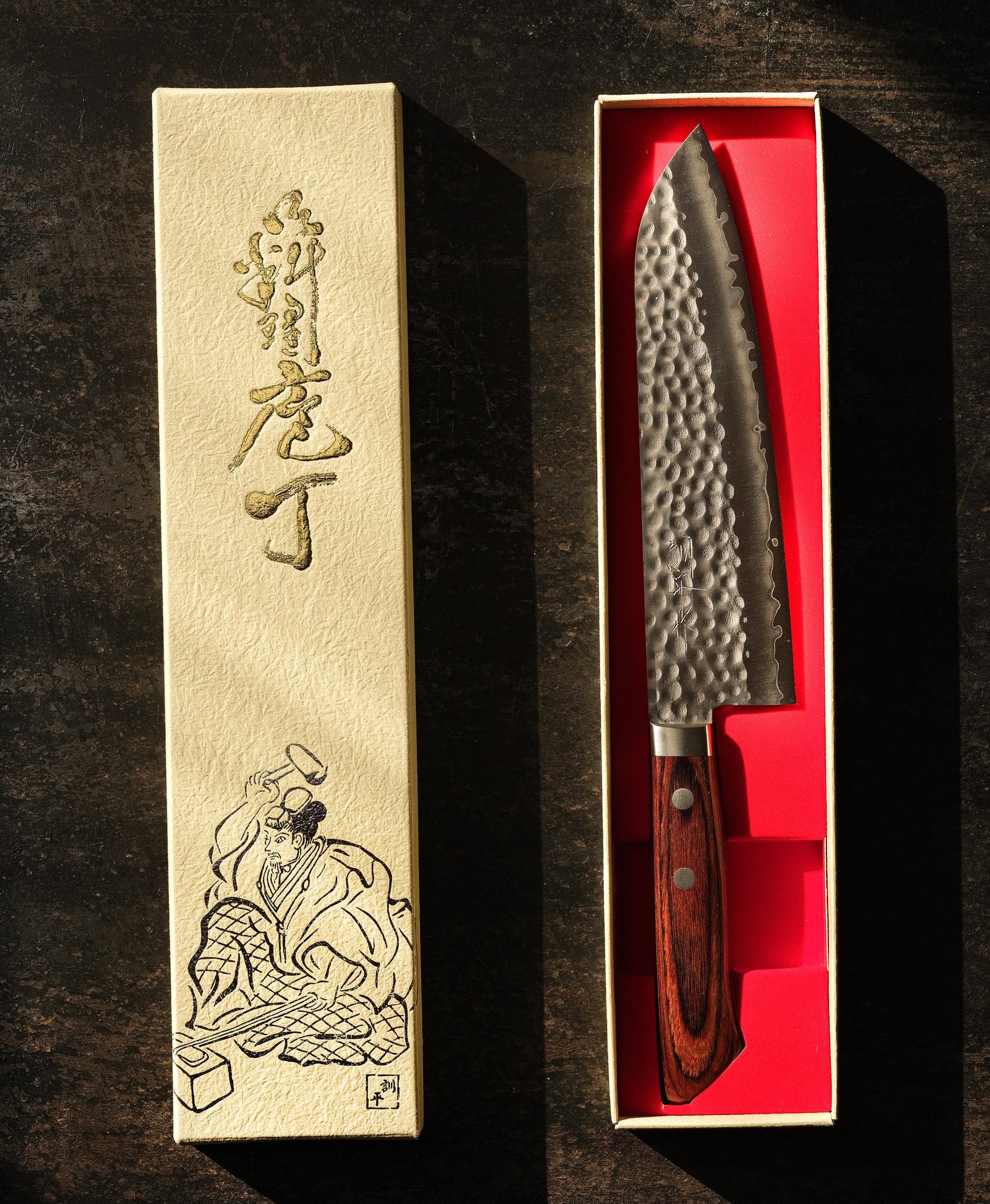
Japanese knife as a perfect gift
Although in the culture of the Far East it is not recommended to give a blade as a gift because of the connection with cutting off good relations, they also could not resist the perfection of such a gift, so they devised a "trick" that allows them to gift knives without problems. Just ask for one coin from the person receiving the gift and in the eyes of strict superstition spirits it will be a fair exchange. Now no joke, a knife is a gift that unlike other transient things will be remembered forever because it will serve forever.
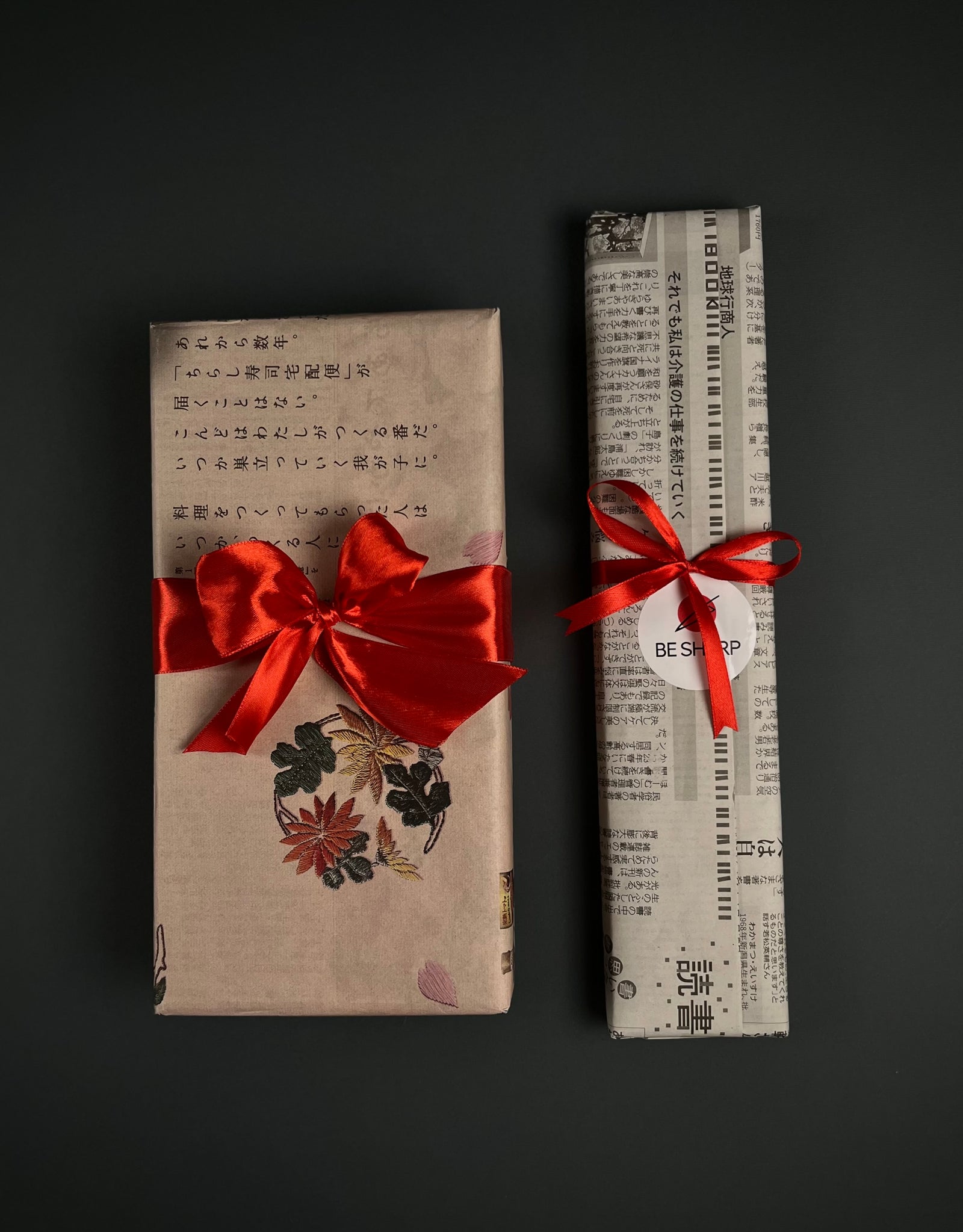
Everything you need to know about maintenance
We recommend for you:
